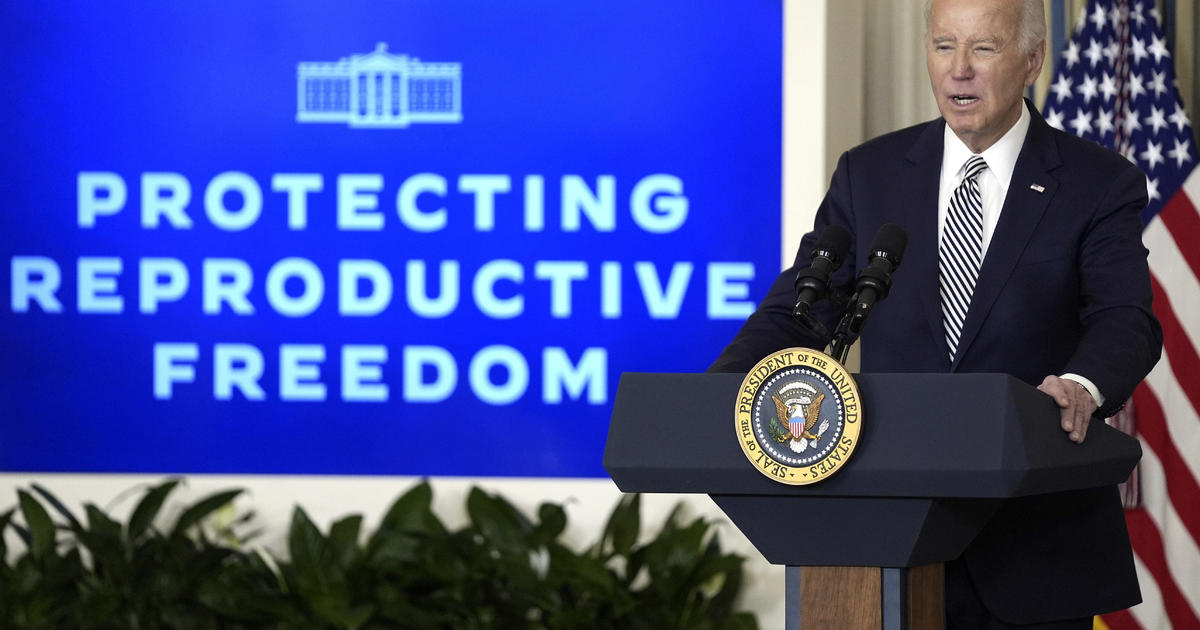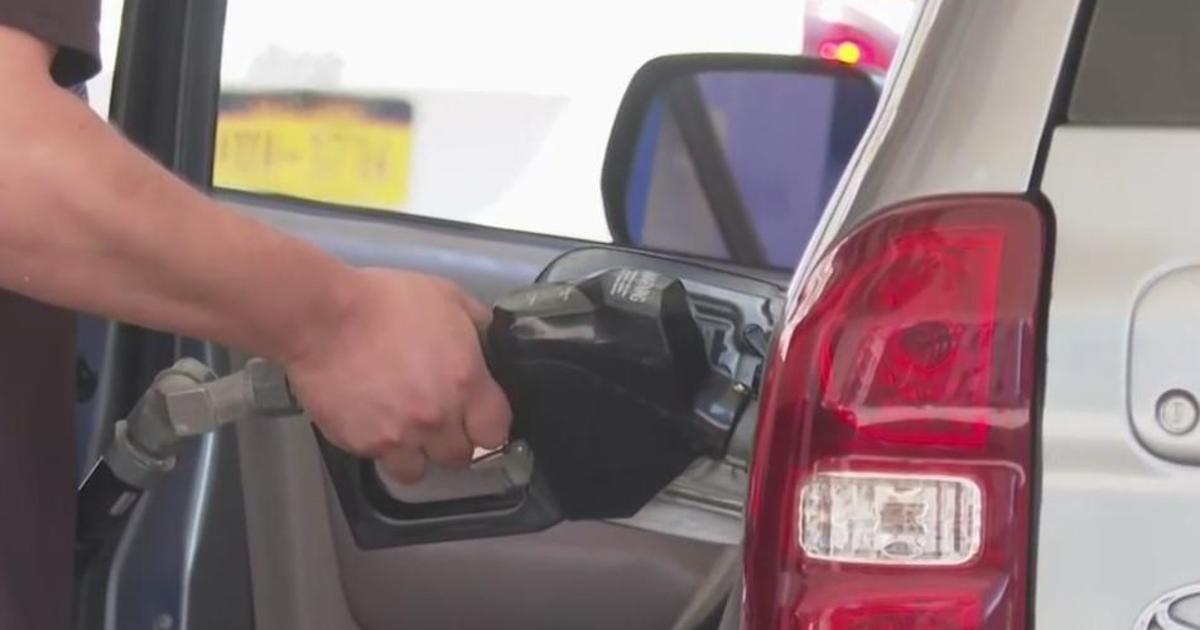Voters Reject Most Florida Amendments
MIAMI (CBSMiami) – Much of the lengthy ballot in Florida was due to multiple state constitutional amendments that each required at least 60 percent support from voters to become law. The high threshold makes it nearly impossible for most initiatives to pass.
Amendment 1 referred to the Affordable Care Act, which detractors call Obamacare. The Amendment would have allowed the state to ignore the provisions of the law as it would "prohibit laws or rules from compelling any person or employer to purchase, obtain, or otherwise provide for health care coverage."
The amendment was largely symbolic as the Supremacy Clause in the U.S. Constitution would override the Florida law. Voters rejected Amendment 1 according to the Associated Press.
Amendment 2 would expand the homestead exemption to veterans who were disabled due to combat injury, but not Florida residents when they entered military service.
In Amendment 9, the legislature sought to grant full homestead property tax relief to the surviving spouse of a military veteran who died from service-connected causes while on active duty or to the surviving spouse of a first responder who died in the line of duty.
The exemptions granted in Amendment 9 would also be transferrable to a new residence for those covered by the amendment.
Amendment's 2 & 9 have not been decided as of 10:15 p.m.
The legislature targeted businesses with Amendment 10 on the 2012 ballot. Currently, the first $25,000 of tangible personal property used in a business is tax exempt. The amendment would raise the limit to the first $50,000 being tax exempt. In addition, cities and counties could grant additional exemptions on top of the $50,000 limit.
Amendment 10 was also rejected by Florida voters on Tuesday.
Amendment 11 would let counties and municipalities grant an additional homestead exemption to low-income seniors who have a property worth less than $250,000 who has maintained residency on the property for at least 25 years.
Amendment 11 has not been called by the AP at 10 p.m.
Amendment 3 could be one of the most controversial on the ballot. The amendment's language says it will "replace the existing state revenue limitation based on Florida personal income growth with a new state revenue limitation based on inflation and population changes. Under the amendment, state revenues, as defined in the amendment, collected in excess of the revenue limitation must be deposited into the budget stabilization fund until the fund reaches its maximum balance and thereafter shall be used for the support and maintenance of public schools."
Amendment 3 was almost exactly like Colorado's "Taxpayer Bill of Rights or TABOR." According to the Center on Budget and Policy Priorities, the amendment was designed to defer cuts, but once the cuts started, they would grow quickly and become unmanageable.
Florida voters rejected Amendment 3, according to the Associated Press.
Amendment 4 deals with property tax limitations, property value decline, and reduction for non-homestead assessment increases. Specifically, the amendment would reduce the growth of assessment limitation on some non-homestead property from 10 to five percent.
The amendment was rejected by Florida voters.
Amendment 5 would fundamentally shift how judges are selected to the state's Supreme Court. The amendment would also reduce the threshold of 2/3 majority currently needed to repeal a state Supreme Court decision to a simple majority.
Amendment 5 also adds language which would require Supreme Court justices to be confirmed by the state Senate.
The AP hasn't called the race on Amendment 5 as of 10:20 p.m.
Amendment 6 prohibits public funds from being used on abortion. A federal law is already in place addressing the issue, but this would codify it into Florida's constitution. The amendment would also limit court usage of the privacy clause in abortion cases.
Amendment 6 was rejected by Florida voters.
Amendment 8 deals with another hot button issue at the state level. The amendment would lift a 126-year-old ban on the state funding religious institutions. The bill would allow the state to fund religious schools and institutions, presumably of all faiths and denominations.
Florida voters also rejected Amendment 8, according to the AP.
Finally, amendment 12 would replace the president of the Florida Student Association with the chair of the council of state university student body presidents as the student member of the Board of Governor of the State University System.
Amendment 12 was rejected by Florida voters.



